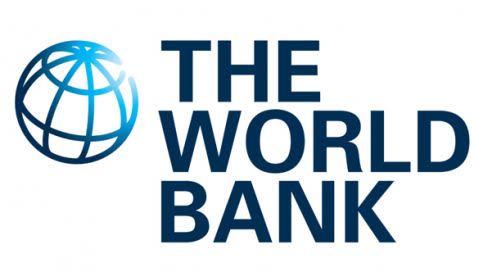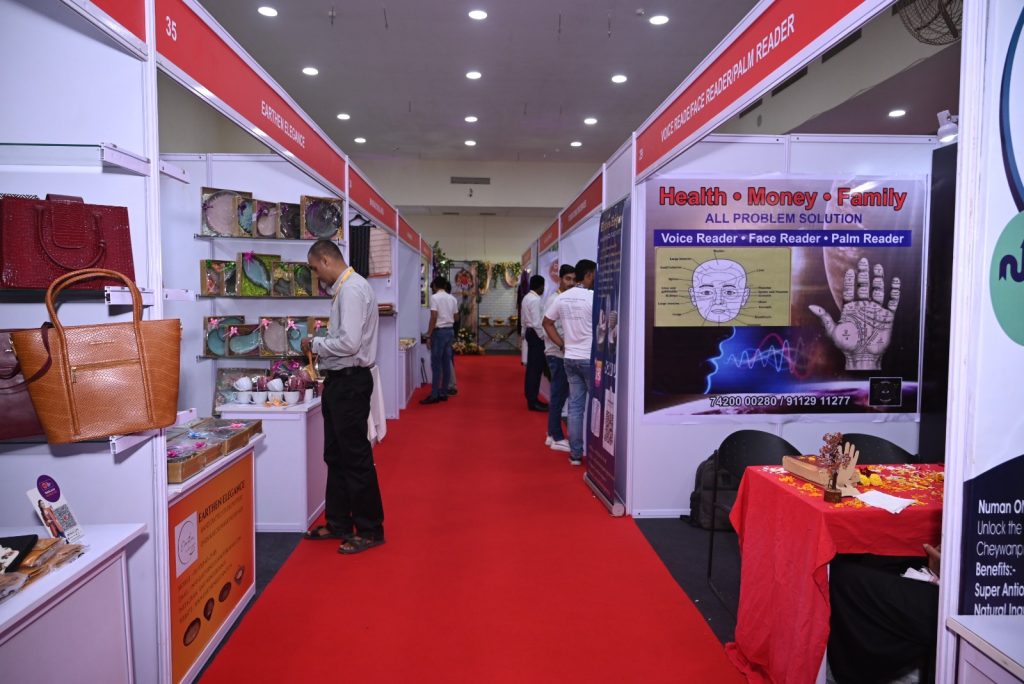World Bank warns developing nations of post-COVID fragility in financial sector

The World Bank has called on developing countries to improve the health of their financial sectors, warning that risks created by the COVID-19 pandemic had led to certain fragilities from what it called ‘non-transparent debt’.
These risks – as per the Bank’s World Development Report 2022, released on February 15 – may currently be hidden by the interrelated nature of household, corporate, bank, and government balance sheets.
“The risk is that the economic crisis of inflation and higher interest rates will spread due to financial fragility. Tighter global financial conditions and shallow domestic debt markets in many developing countries are crowding out private investment and dampening the recovery,” World Bank Group President David Malpass said.
According to the World Development Report 2022, risks arising from higher debt levels, both public and private, could emerge faster for developing nations and may have longer-term financial and macroeconomic risks. These risks include an increase in bad loans and financial sector distress, lack of options for households and businesses to discharge debts incurred during the pandemic through formal insolvency, difficulty in accessing credit, and elevated levels of sovereign debt.
The World Development Report 2022 highlighted the decisions taken by Indian authorities in the immediate aftermath of the pandemic striking the country, praising them for their “decisive policy response” that encompassed a variety of tools.
“The strategy recognised that the sectors of its economy – households and businesses, financial institutions, and governments – are interconnected. A large shock to one sector can generate spillover risks that destabilise the economy at large if not addressed promptly and in an integrated manner,” the World Bank’s report noted.
However, it added that while these policies – in India and other countries – helped restrict the worst in the short term, the challenges they present, such as increased public and private debt burdens, must soon be addressed for an equitable economic recovery.
The report defines an ‘equitable recovery’ as all adults, including those from vulnerable groups, being able to recover from the loss of jobs, incomes, human capital, and assets.
“COVID-19 has widened inequality both within and across countries. Addressing financial risks is important to ensure that governments and financial institutions can support the recovery, including through investments in public services, such as health care and education,”
One of the four policy areas the report said required urgent action is the increased levels of sovereign debt, with the other three being the management and reduction of loan distress, improvement in legal insolvency frameworks, and ensuring continued access to finance.
Terming the increase in sovereign debt due to the pandemic as “dramatic”, the report noted that the average total debt burden for low- and middle-income countries had increased by around 9 percentage points of Gross Domestic Product (GDP) just in 2019-20 – the first year of the pandemic. In contrast, the previous decade had witnessed an average increase of 1.9 percentage points.
India’s general government debt has ballooned to around 90 percent of GDP from just over 70 percent in FY19. Next year, the central government plans to borrow a record Rs 14.95 lakh crore from the market to meet its spending needs, over 40 percent more compared to FY22. However, it has targeted a fiscal deficit of 6.4 percent of GDP, which would represent a 280-basis-point reduction from FY21’s 9.2 percent.









